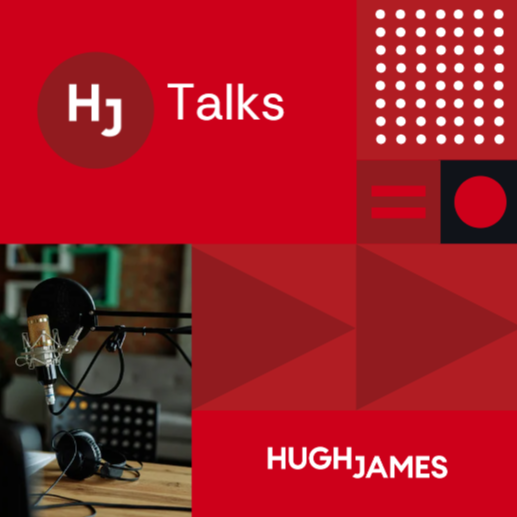Episodes

Friday Oct 07, 2022
Gender issues and CSA
Friday Oct 07, 2022
Friday Oct 07, 2022
In this podcast we discuss CSA and gender after Sussex Police was criticised by the home secretary for "policing pronouns" after it said it would not tolerate hateful comments about a child sex offender's gender identity.

Friday Sep 30, 2022
The Jesus Fellowship Redress Scheme
Friday Sep 30, 2022
Friday Sep 30, 2022
This week Danielle and Kathleen discuss the Jesus Fellowship Redress Scheme, which was introduced on Monday the 26th of September. Applications are open until 31st December 2023 for victims to apply for compensation.

Friday Sep 23, 2022
’The Most Hated Man on the Internet’
Friday Sep 23, 2022
Friday Sep 23, 2022
The team discuss ‘The Most Hated Man on the Internet’, an American Netflix series covering the story of Hunter Moore who began a revenge porn website called ‘Is Anyone Up’, which allowed anyone to anonymously upload nude photos along with personal information.

Friday Sep 02, 2022
Child abuse within the Mormon church
Friday Sep 02, 2022
Friday Sep 02, 2022
Alan, Kathleen and Danielle discuss a recent headline in the Associated Press in the US involving sexual abuse in the Mormon Church.

Friday Aug 26, 2022
Netflix –Keep Sweet: Pray and Obey
Friday Aug 26, 2022
Friday Aug 26, 2022
An untold story of Warren Jeffs Texas based religious closed community, the expose looked a bigamy, abuse and peadophilia.
Leader of the Fundamentalist Church of Jesus Christ of Latter Day Saints. He had been head of the church since 2002 and imprisoned in 2011.
The documentary focused on the accounts of those who had left the cult and the impact on their lives.
Warren had 78 wives in which 24 of these were under 17. One of the people featured in the documentary was married to Warren at 14.

Friday Aug 19, 2022
A discussion on Prima Facie
Friday Aug 19, 2022
Friday Aug 19, 2022
Discussion of a one woman play starring Jodie Comer who plays a criminal defence barrister who defends accused rapists and finds herself a victim of rape by a male colleague.

Friday Aug 12, 2022
Calcot Services for children
Friday Aug 12, 2022
Friday Aug 12, 2022
Danielle and Kathleen discuss the recent BBC investigation into Calcot Services for Children, which revealed reports of abuse including grooming and child sexual abuse.

Friday Aug 05, 2022
Abuse within Massage Therapy
Friday Aug 05, 2022
Friday Aug 05, 2022
Danielle and Kathleen discuss the recent headlines regarding abuse in the massage therapy and the increased dangers with home treatments.

Friday Jul 29, 2022
Owning Survivor-Hood - Ian Ackley, a survivor of abuse in football
Friday Jul 29, 2022
Friday Jul 29, 2022
Kathleen interviews a hero of hers, Ian Ackley, a survivor of abuse in football and an advocate for other survivors. Disclosed abuse survivor Ian Ackley describes not being believed when he first publicly disclosed his abuse in 1997, and how turned this devastating experience into a lifelong quest to support victims and survivors and raise awareness.
In the decades since his public disclosure, he has worked hard to recover from the trauma and just as hard to keep himself well. He has learned how to recognise himself as a multi-faceted person, who is not just a survivor, but also a father, partner, musician, carpenter and many others. And he has also learned how to respond when other professionals try to diminish his voice by labelling him as just a survivor.

Friday Jul 22, 2022
The Criminal Bar Association Announce Strike
Friday Jul 22, 2022
Friday Jul 22, 2022
Kathleen, Danielle and Feleena discuss the recent announcement of strike by the Criminal Bar Association. The abuse team discuss how the strike has come about and what the affect may be for survivors, both positive and negative, not only now but in the future.

